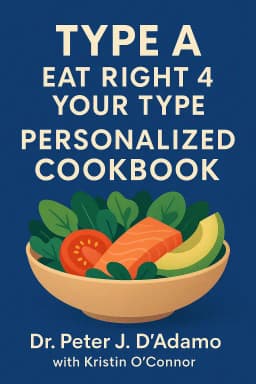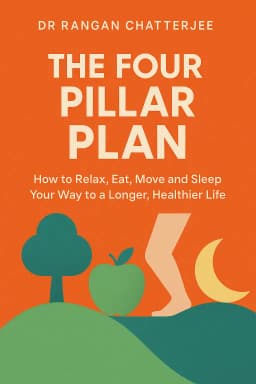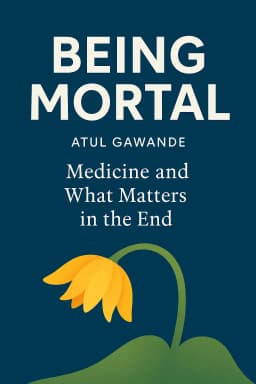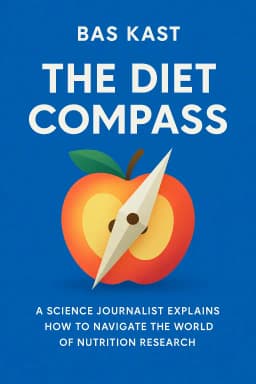
** Unlocking the Plant Paradox: Rewriting the Rules of Healthy Eating
Golden Hook & Introduction
SECTION
A: It really does. You feel like you're failing, but you don't know what you're doing wrong.
A: Wow. Okay, that's a bold claim. A war in my gut.
A: Thanks, Celeste. It's definitely a provocative idea. My first thought is, it goes against everything we've been taught for decades. I'm ready to have my assumptions challenged.
Deep Dive into Core Topic 1: The Secret War in Your Salad Bowl
SECTION
A: Like poisons or thorns. That makes sense.
A: So what exactly is a lectin? What does it do?
A: Okay, I'm picturing that. They're just sticking to everything. That can't be good.
A: Leaky gut. I've heard that term, but I never really understood the mechanics of it. So it’s a literal breach in the wall.
A: And that attack is inflammation.
A: That's a powerful visual. So the inflammation isn't a direct attack by the lectin itself, but our body's response to the breach the lectin creates? And this is happening with foods we think are good for us, like a three-bean chili or a whole-wheat sandwich?
A: It's interesting to think about this from a historical perspective. You know I have an interest in early American history, like George Washington's time. His army at Valley Forge was starving, but they weren't eating processed bread and canned tomatoes shipped from across the globe. Their diet, even when it was poor, was probably far less concentrated in these specific, high-lectin agricultural products that dominate our plates today.
Deep Dive into Core Topic 2: The Modern Diet's Perfect Storm
SECTION
A: Hacked? What does he mean by that?
A: Okay, two very common things.
A: So we're taking out our own guards, essentially. We're weakening the fortress wall from the inside.
A: And he was following all the rules.
A: So it's a double-whammy. The plants are armed, and we've systematically disarmed ourselves. The story about Dr. Gundry is so powerful because he was the epitome of someone 'doing it right' by all the standards we're taught. It really drives home that central message from the book's introduction, 'It’s Not Your Fault.'
A: And we feed those to our livestock.
A: It is. It feels like a systemic issue. So, if we're surrounded, what's the strategy? Is the only answer to live in a bubble, or does the book offer a practical way to fight back?
Synthesis & Takeaways
SECTION
A: Right, you can't just change your entire life overnight.
A: It's a complete paradigm shift. It's not about calories or fat, but about information. We're eating foods that are giving our bodies the wrong signals, telling them to be on high alert and to store fat.
A: I like the sound of that. An experiment.
A: I love that. It's not about blind faith in a book; it's about gathering your own personal data. It puts the power and the agency back in your hands.
A: The ultimate question then isn't just 'What should I eat?', but 'How do I learn to listen to what my body is telling me?' That's a really powerful takeaway.
A: My pleasure, Celeste. It's given me a lot to think about.









